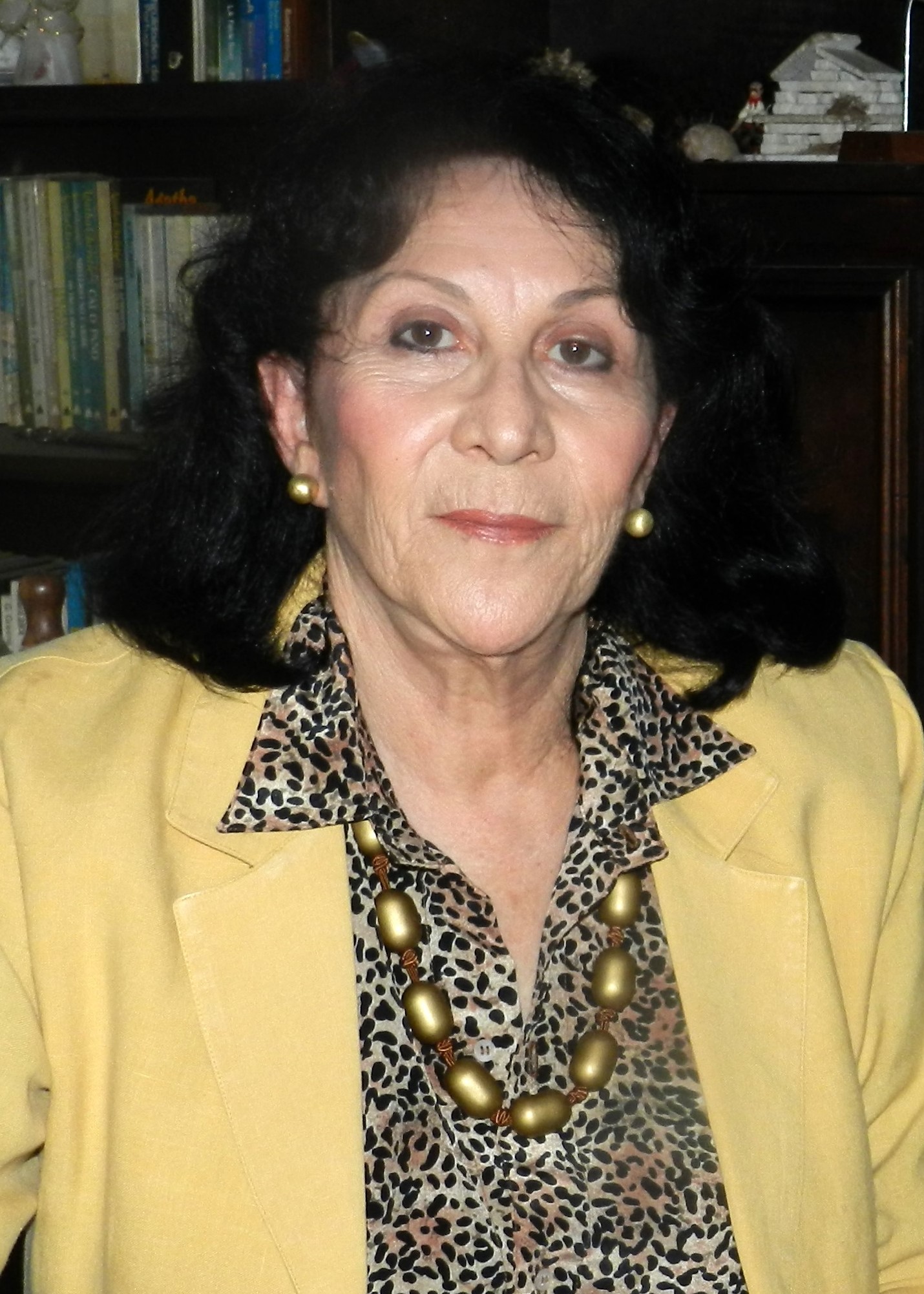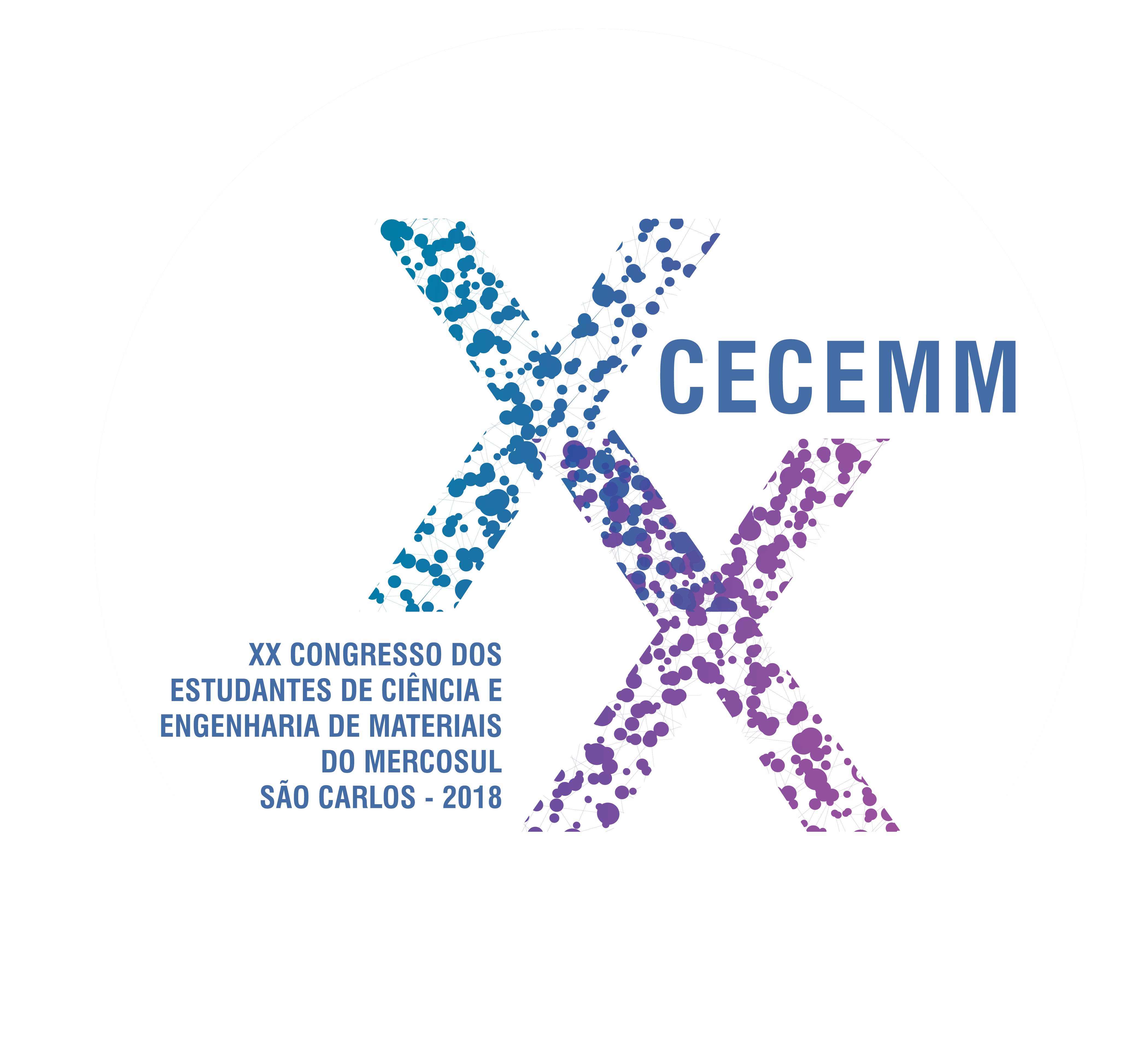Lecture 7
MARIA DO CARMO DE ANDRADE NONO ENVIRONMENTAL
SENSORS AND SATELLITE DATA COLLECTION
LECTURE

Several of these sensors are made of functional materials that have the capability of receiving environmental, gas, temperature, and humidity information.
Materials studying is present, for example, in moisture ceramic sensors, which are not degraded by the incidence of solar radiation, increasing its useful life and reliability of measurements. These sensors will be used for monitoring air and soil humidity mainly in tropical and semi-arid forests, in agriculture and landslides.
SPEAKER
She has PhD in Aeronautical and Mechanical Engineering from the Aeronautical Technological Institute (ITA) in 1990, and postdoctoral degree from the University of Wisconsin, USA in 1996. She is currently a senior researcher at the National Institute of Space Research and Innovation (INPE) and is the coordinator of the Research Group on Micro and Nanotechnologies in Ceramics and Composites (TECAMB), at the Associated Laboratory of Sensors and Materials of the Associated Laboratories of INPE. Currently, she teaches in the Space Engineering and Technology Course and is the chairperson of the INPE Publishing Commission.
